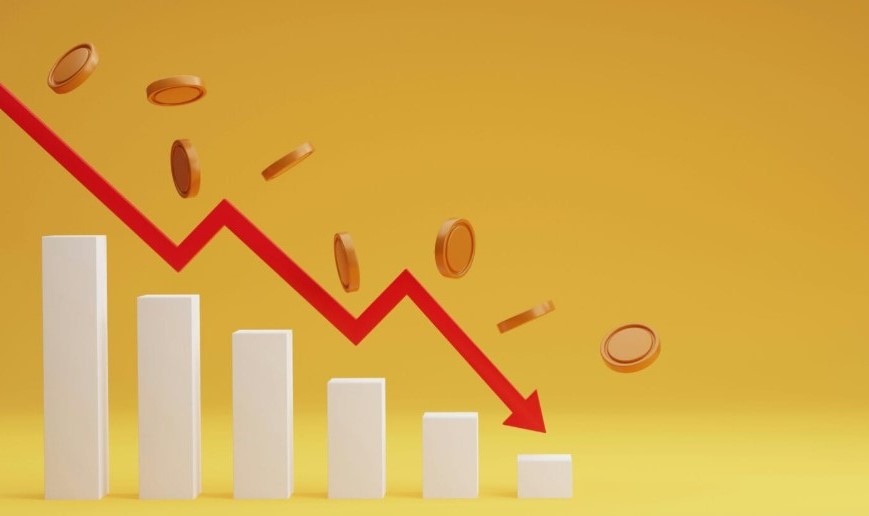Nigeria’s annual inflation rate eased slightly to 21.88 percent in July 2025 from 22.22 percent recorded in June, according to the latest Consumer Price Index (CPI) report released Friday by the National Bureau of Statistics (NBS).
The figures show a 0.34 percentage point decline in the headline inflation rate month-on-month, indicating a slower pace of price increases, though costs for goods and services remain high.
On a year-on-year basis, the July 2025 rate was 11.52 percentage points lower than the 33.40 percent recorded in July 2024, a decline largely attributed to the bureau’s change in statistical base year to November 2009 = 100.
Food Inflation Still Pressures Households
Food prices — which account for the largest share of Nigeria’s inflation basket — rose by 22.74 percent in July on a year-on-year basis, down from 39.53 percent in July 2024. The NBS said the drop was mainly due to the change in the base year rather than a significant fall in actual food costs.
Month-on-month, food inflation stood at 3.12 percent, a marginal decline from 3.25 percent in June. The slowdown was linked to lower prices of vegetable oil, beans, local rice, maize flour, sorghum, wheat flour, and millet.
Borno State recorded the highest year-on-year food inflation at 55.56 percent, followed by Osun (29.10 percent) and Ebonyi (29.06 percent). Katsina (6.61 percent), Adamawa (9.90 percent), and Zamfara (14.72 percent) had the lowest increases.
On a month-on-month basis, Borno (10.89 percent), Kano (10.86 percent), and Sokoto (7.43 percent) experienced the steepest rises, while Zamfara (-6.00 percent), Bauchi (-2.18 percent), and Abia (-1.06 percent) saw declines.
Sector Contribution
The NBS said the largest contributors to the year-on-year rise in the headline index were:
- Food and non-alcoholic beverages (8.75%)
- Restaurants and accommodation services (2.83%)
- Transport (2.33%)
- Housing, water, electricity, gas and other fuels (1.84%)
- Education services (1.36%)
- Health (1.33%)
Other smaller contributors included clothing and footwear (1.10%), information and communication (0.72%), personal care and miscellaneous goods (0.72%), and furnishings (0.65%).
Economic Context
Despite the modest decline in inflation, Nigerian households continue to grapple with elevated food prices and living costs. The NBS said the CPI rose to 125.9 in July from 123.4 in June.
Over the past two years, persistent insecurity, erratic weather patterns, and rising input costs have hit agricultural output, worsening food scarcity. In July 2023, President Bola Tinubu declared a state of emergency on food insecurity in a bid to curb soaring prices, but the relief has been slow to materialize.
Analysts say that while the latest figures suggest some easing of inflationary pressures, sustained declines will depend on improved agricultural productivity, reduced supply chain disruptions, and broader economic stability.

